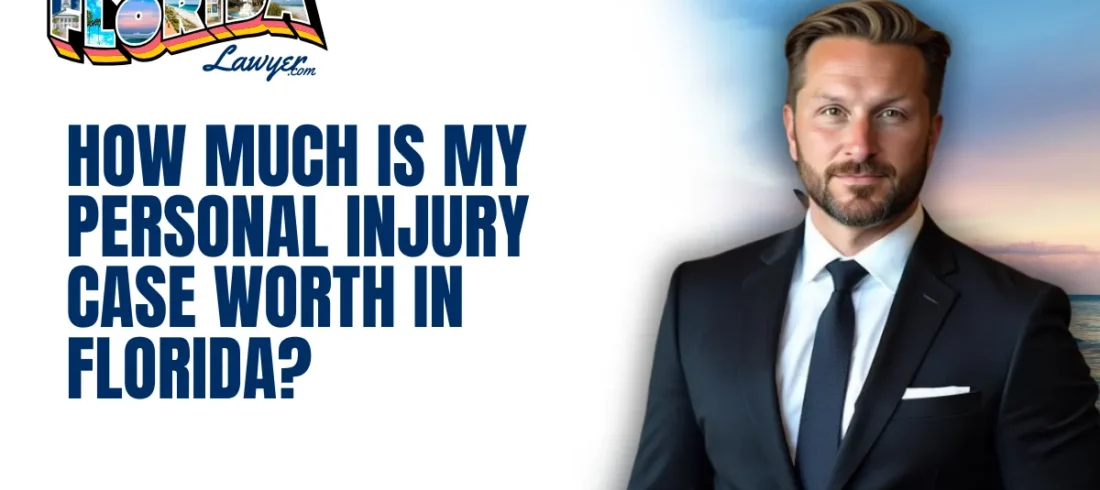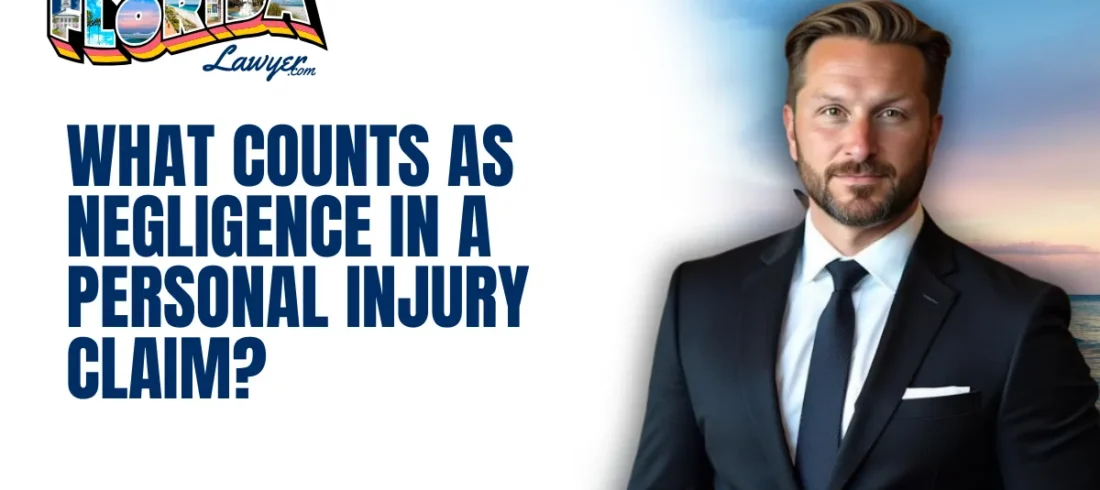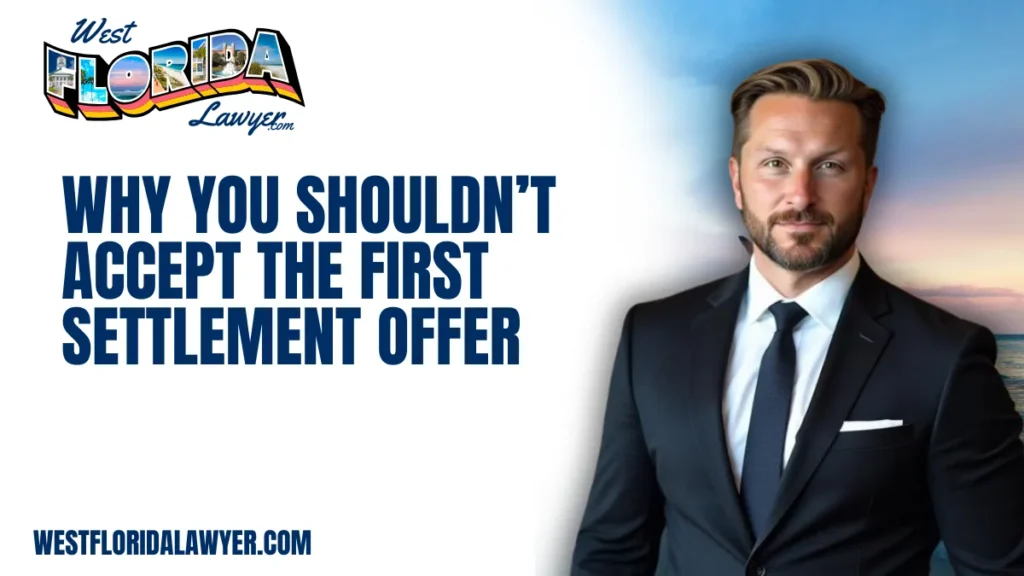
When you’ve been injured due to someone else’s negligence, the process of seeking compensation can feel overwhelming. Medical bills, lost wages, and the stress of dealing with an insurance company can make you feel pressured to accept the first settlement offer you receive. However, it’s crucial to resist the urge to settle too quickly. At West Florida Lawyer, we help our clients navigate the complexities of personal injury settlement negotiation, ensuring they don’t settle for less than they deserve. Here’s why accepting the first offer may not be in your best interest and how you can protect your future by negotiating a fair settlement.
Complete our free case evaluation form today and let’s talk about how we can help.
The Dangers of Accepting the First Offer in a Personal Injury Settlement Negotiation
Insurance companies often extend the first settlement offer as a way to close the case quickly and for as little money as possible. While it might seem like an attractive option to resolve the matter swiftly, the first offer is usually far below the true value of your claim. Insurance companies are highly experienced at making these lowball offers in the hopes that you will accept them before you fully grasp the extent of your injuries, medical needs, or long-term financial losses.
By accepting the first offer, you may be:
- Waiving your right to pursue future claims: A quick settlement might seem like closure, but it can prevent you from seeking additional compensation if your injuries worsen.
- Undervaluing your pain and suffering: The offer may fail to account for the full extent of your emotional and physical distress.
- Missing out on compensation for future treatment or disabilities: Injuries often require long-term medical care or result in permanent disabilities that should be considered in the settlement.
Remember, the first offer is a starting point, not a final resolution. Always evaluate it carefully.
Understanding the Tactics Used in Personal Injury Settlement Negotiation
Insurance adjusters are trained to secure settlements that are in the company’s best interest, not yours. When you’ve been injured, you are vulnerable—both physically and financially. This is when the insurance company’s tactics are most effective. Common strategies include:
- Pretending the first offer is “the best they can do”: Adjusters often claim the initial offer is the highest possible, putting unnecessary pressure on you to accept.
- Downplaying the severity of your injuries: Insurers may try to minimize the impact of your injuries or rush you into accepting an offer before your full medical condition is assessed.
- Rushing you into a decision: After an accident, you may feel the urge to settle quickly due to mounting expenses. Insurance companies take advantage of this urgency to push you into agreeing to a settlement without fully considering the long-term consequences.
At West Florida Lawyer, we counter these tactics with strategic, evidence-based negotiation to ensure you receive fair compensation.
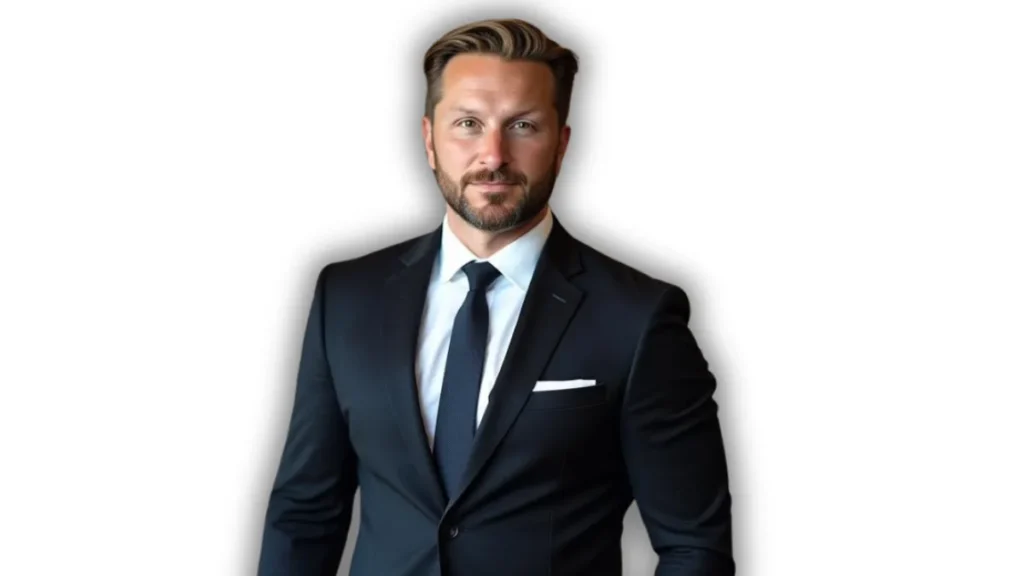
How to Properly Evaluate a Personal Injury Settlement Offer
Before you accept any settlement offer, it’s essential to assess the full extent of your damages. Simply taking the first number that’s presented can leave you with far less than you need to cover your expenses and losses. The personal injury settlement negotiation process involves a detailed review of your situation, which includes:
- Medical expenses: Both current and future medical bills are key factors in your settlement.
- Lost wages: Your settlement should account for income lost due to your injuries and any future reduction in your earning capacity.
- Property damage: The cost of repairing or replacing damaged property, such as your vehicle, should be included.
- Pain and suffering: Non-economic damages such as emotional distress, anxiety, and reduced quality of life are significant components of a fair settlement.
- Loss of consortium: If your injury has impacted your relationships or your ability to engage in activities, this may also be considered.
The value of your claim can only be properly determined after a thorough investigation of these factors. At West Florida Lawyer, we collaborate with medical experts, vocational specialists, and economists to ensure that your case reflects the full scope of your damages.
The Power of Strategic Personal Injury Settlement Negotiation
Personal injury settlement negotiation is a skill. Insurance companies rely on victims to settle for less than they deserve, but by working with an experienced attorney, you can ensure that your claim is valued accurately. At West Florida Lawyer, we have extensive experience in negotiating with insurance companies and are committed to maximizing your compensation.
Our negotiation process involves:
- Collecting and presenting detailed evidence: We ensure all medical records, accident reports, and witness statements are presented in support of your claim.
- Highlighting liability: We demonstrate the at-fault party’s responsibility to make a compelling case for full compensation.
- Engaging expert witnesses: If needed, we bring in medical professionals, vocational experts, and economists to strengthen your case.
- Preparing for trial: Insurance companies know that we’re ready to take your case to trial if they fail to offer a fair settlement. This gives us significant leverage during negotiations.
By partnering with West Florida Lawyer, you gain the advantage of an attorney who is dedicated to negotiating the best possible outcome for your case.
What Happens If You Reject the First Offer?
Rejecting the first settlement offer doesn’t mean you will end up with nothing. In fact, it can often lead to a better settlement. Insurance adjusters are trained to gauge your willingness to settle and may significantly improve their offer if they see you won’t accept a lowball sum.
In personal injury settlement negotiation, rejecting the first offer:
- Sends a clear message that you understand your worth and are prepared to stand your ground.
- Encourages the insurance company to re-evaluate their position and potentially make a more reasonable offer.
- Gives your attorney more leverage to pursue fair compensation.
When you reject an offer, you’re not risking your case. You’re ensuring that you won’t settle for less than you deserve. This puts you in a stronger position to receive an offer that truly reflects the impact of your injuries.
The Importance of Not Settling Before Fully Understanding Your Medical Condition
One of the most important factors in personal injury settlement negotiation is ensuring you have a full awareness of your injuries and medical needs. Many injuries, especially soft tissue injuries or internal damage, may not manifest immediately after an accident. By accepting an early settlement, you might be forfeiting compensation for future medical treatments or worsening conditions that you haven’t yet experienced.
Here’s why knowing your medical condition is essential:
- Underestimating future medical costs: Settling early can leave you without the funds needed for future surgeries, therapies, or treatments that could arise as your condition evolves.
- Missing out on long-term effects: Some injuries, like back and neck injuries, may lead to long-term pain, disability, or diminished quality of life. These complications often surface months after the accident.
- Failing to account for emotional distress: Psychological effects, such as anxiety, depression, or PTSD, often take time to fully develop. These impacts may be overlooked if you settle too soon.
At West Florida Lawyer, we work with medical professionals to ensure that you know your full medical condition before making any decisions. This ensures that you receive adequate compensation for all your current and future needs.
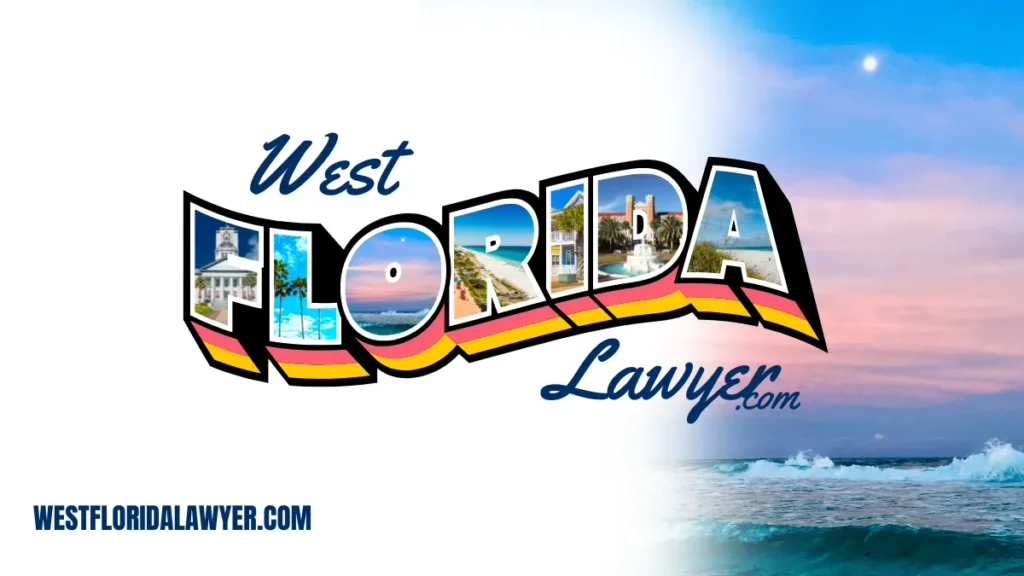
Get a Free Legal Consultation Today
Don’t rush into a decision that could have long-term consequences. West Florida Lawyer is here to help you navigate the complexities of personal injury settlement negotiations. Start by completing our free case evaluation form. It’s a no-obligation way to get expert legal advice and understand your options.
Sources
- Nolo Legal Encyclopedia – Personal Injury Settlement Process
Offers an overview of how personal injury settlements work and how negotiation impacts compensation.
https://www.nolo.com/legal-encyclopedia/personal-injury-settlement-basics-29631.html - AllLaw – When to Reject a Settlement Offer
Provides insight on the dangers of early settlements and the advantages of legal support during negotiations.
https://www.alllaw.com/articles/nolo/personal-injury/when-reject-personal-injury-settlement-offer.html - Forbes – How Personal Injury Claims Are Negotiated
Discusses tactics used by insurers and how legal counsel influences the outcome.
https://www.forbes.com/advisor/legal/personal-injury/negotiating-settlement/

